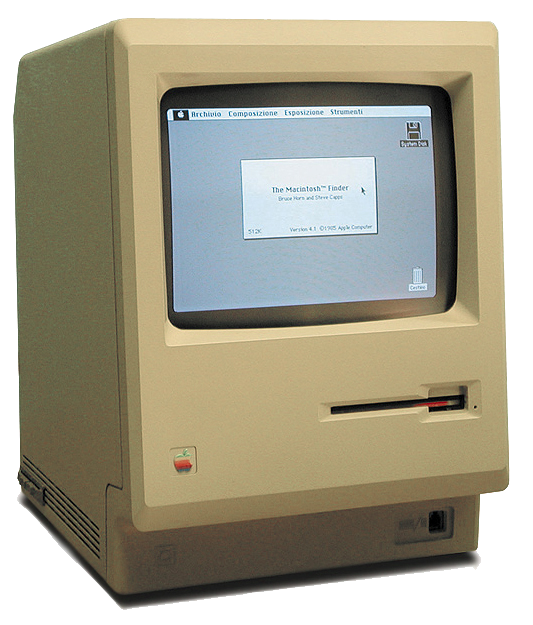Apple to Invest an Additional $100 Billion in U.S. Manufacturing to Sidestep Potential Trump Tariffs
Apple's Massive Investments in US Manufacturing: A $600 Billion Commitment
Details and Implications of the New Investment

Apple's Announcement: Apple has unveiled its plans to inject an additional $100 billion into the US manufacturing sector, raising the company's total commitment to American manufacturing investments to $600 billion. This announcement follows a previous declaration by the company to allocate $500 billion over the next four or five years to bolster its domestic industrial footprint.
Responding to Pressure: This announcement comes in response to increasing pressure from the US administration on Apple to shift a larger portion of its production operations to American soil. President Donald Trump had threatened to impose tariffs of up to 25% on iPhones not manufactured in the United States.
Tariff Costs: Trump publicly stated that he had asked Apple CEO Tim Cook to stop manufacturing iPhones destined for the American market in India, which has become a major production hub after the company diversified its supply chains away from China. Apple has already incurred significant costs totaling $800 million due to imposed tariffs, with an additional $1.1 billion in costs anticipated in the current fiscal quarter.
American Manufacturing Program (AMP): The new investment includes the launch of the "American Manufacturing Program" (AMP), which aims to relocate more stages of Apple's supply chain and advanced manufacturing processes to the United States, in addition to supporting other American companies to manufacture components locally.
White House Support: In this context, Taylor Rogers, a White House spokesperson, stated that this announcement "will support American jobs and businesses, and contribute to reshoring vital component production to protect the economic and national security of the United States."
Previous Commitments and Expansion: Apple had previously unveiled plans to invest $500 billion in manufacturing and innovation, including the establishment of a massive 250,000-square-foot facility for AI server manufacturing near Houston, the founding of the "Apple Manufacturing Academy" in Michigan, and the hiring of 20,000 new employees with a focus on research and development, chip engineering, and artificial intelligence, as announced by the company.
Fund Expansion: This commitment also includes doubling the "Apple Advanced Manufacturing Fund" from $5 billion to $10 billion, and expanding teams and facilities in multiple states such as Michigan, Texas, California, Arizona, Nevada, Iowa, Oregon, North Carolina, and Washington.
Challenges and Future Directions
Challenges of Manufacturing Relocation: Despite these massive investments, experts agree that fully relocating iPhone manufacturing to the United States faces significant challenges, notably a shortage of skilled labor, limited domestic supply chain resources, and high labor costs.
Avoiding Damage: Nevertheless, analysts believe Apple may be able to avoid significant damages from tariffs, thanks to Tim Cook's close relationship with the US administration and his deep expertise in managing global supply chains.
Direction of Tech Giants: This move is part of a broader trend among tech giants to strengthen their manufacturing footprint in America, with leading companies like "Texas Instruments," "TSMC," and "Nvidia" committing to major investments in US manufacturing, driven by initiatives such as the CHIPS and Science Act, which aims to enhance the United States' competitiveness in this vital sector.
Conclusion: These investments demonstrate Apple's increasing commitment to sustainability and economic localization in the United States, while facing significant challenges that require flexible and innovative strategies.

